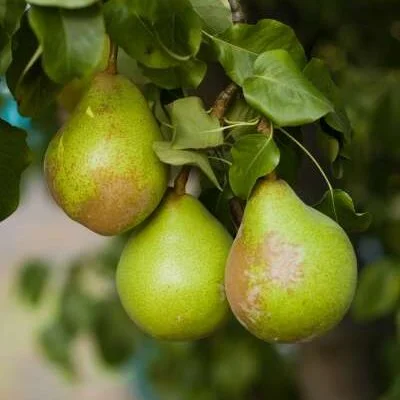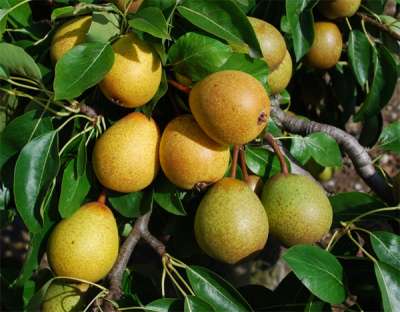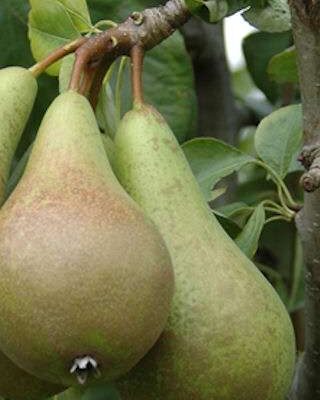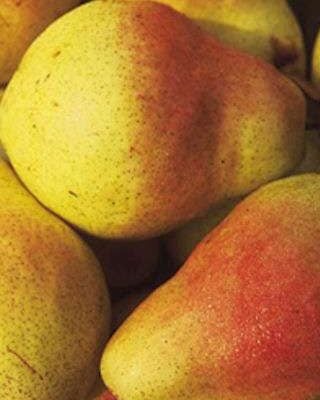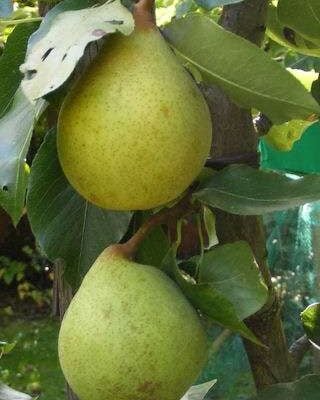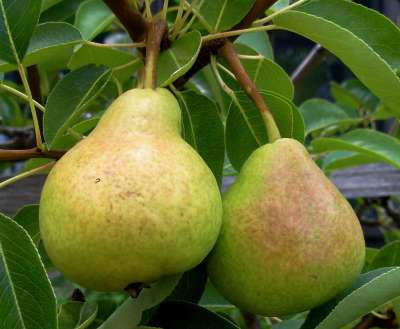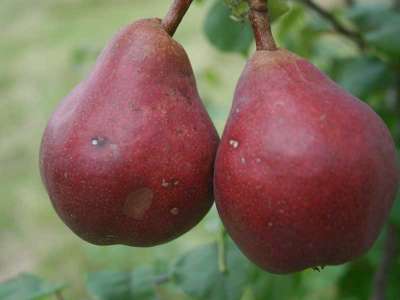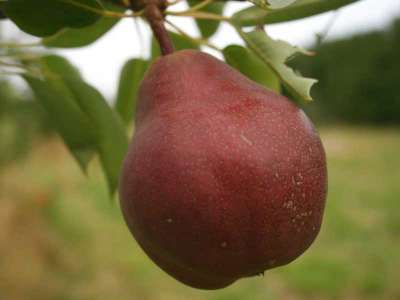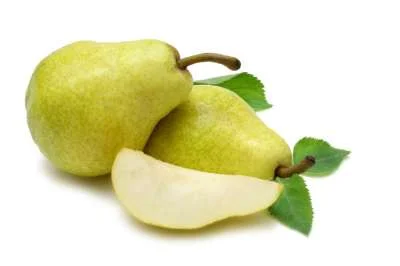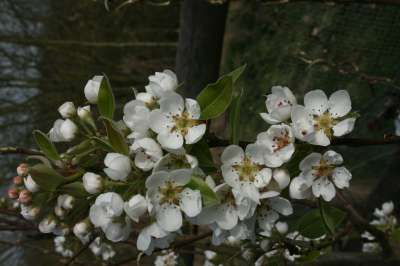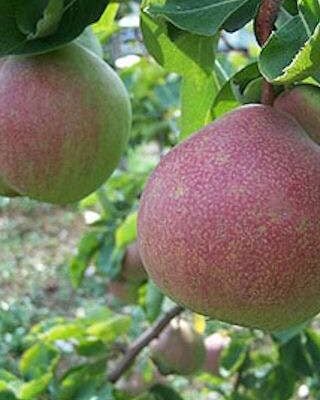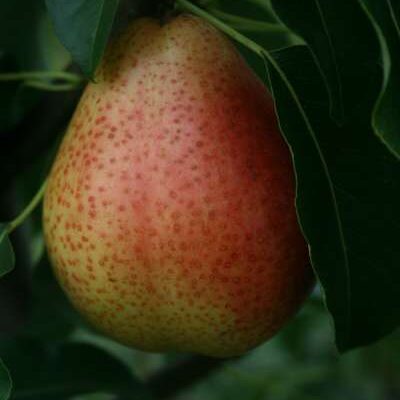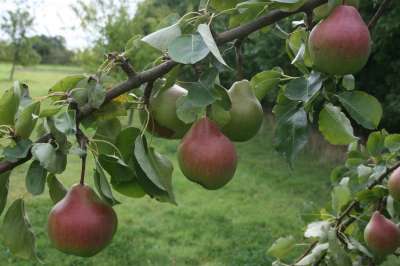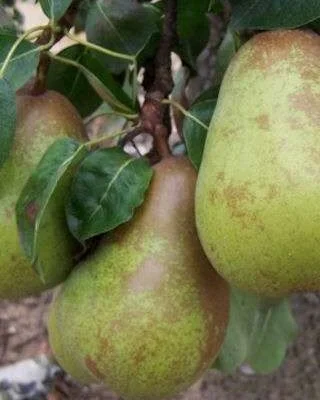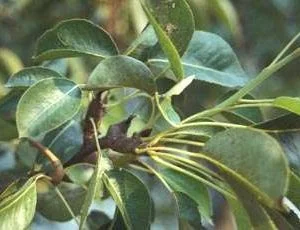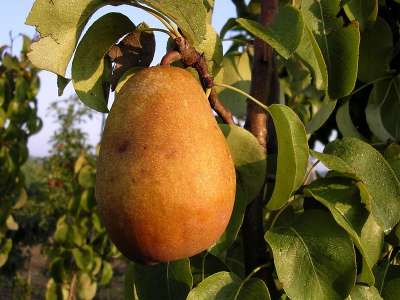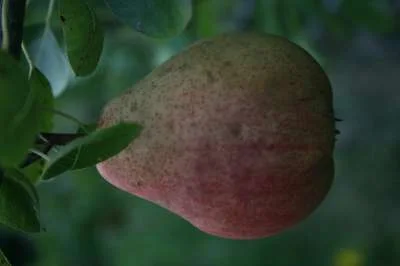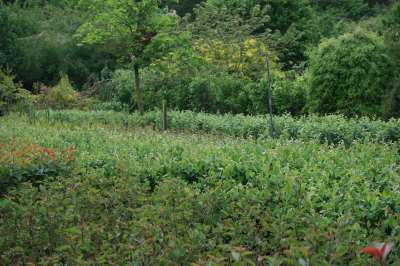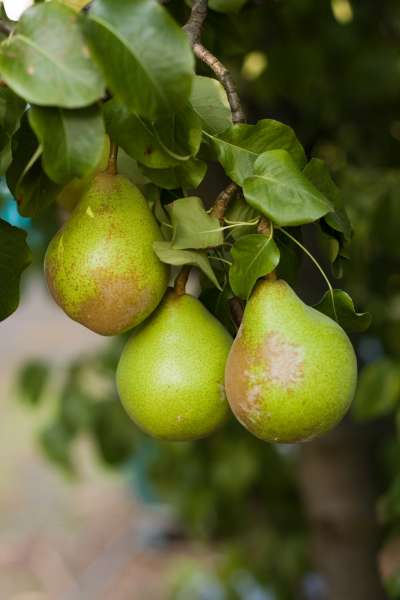Your basket is currently empty!
Pear Trees


Showing 21–40 of 42 results
-
Green Horse Pear tree
£22.95 -
Hessle Pear Trees
£22.20 – £27.95 -
Improved Fertility Pear Trees
£21.95 – £28.95 -
Moonglow Pear Trees
£21.95 – £28.95 -
Nouveau Poitou Pear Trees
£21.95 – £28.95 -
Onward Pear Trees
£21.95 – £28.95 -
Robin Pear Trees
£21.95 – £28.95 -
Sensation Pear Trees
£21.95 – £28.95 -
Williams Bon Chretien Pear Trees
£21.95 – £28.95 -
Winter Nellis Pear Trees
£21.95 – £28.96 -
Catillac Pear Trees
£21.95 – £28.95 -
Jargonelle Pear Trees
£21.95 – £28.95 -
Merton Pride Pear Trees
£21.95 – £28.95 -
Pitmaston Duchess Pear Trees
£21.95 – £28.95 -
Admiral Gervais Pear Trees
£21.95 – £27.95 -
Family Pear Tree Pear Trees
£41.95 -
Precoce de Trevoux Pear Tree
£22.20 – £28.95 -
Amire Joanet Pear Trees
£22.20 – £27.95 -
Aurora Pear Trees
£22.90 – £27.95 -
Autumn Bergamot
£22.20 – £27.95



